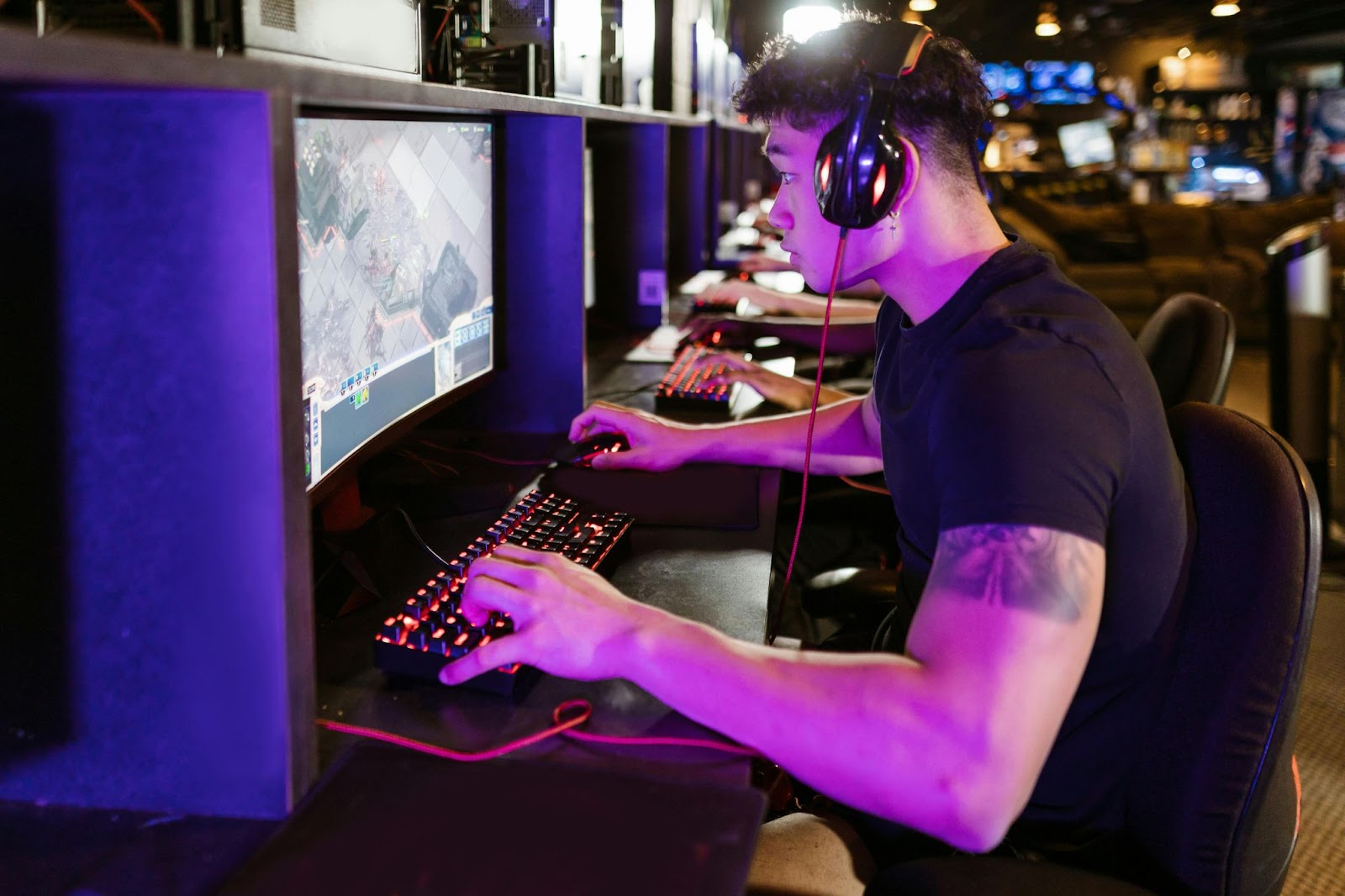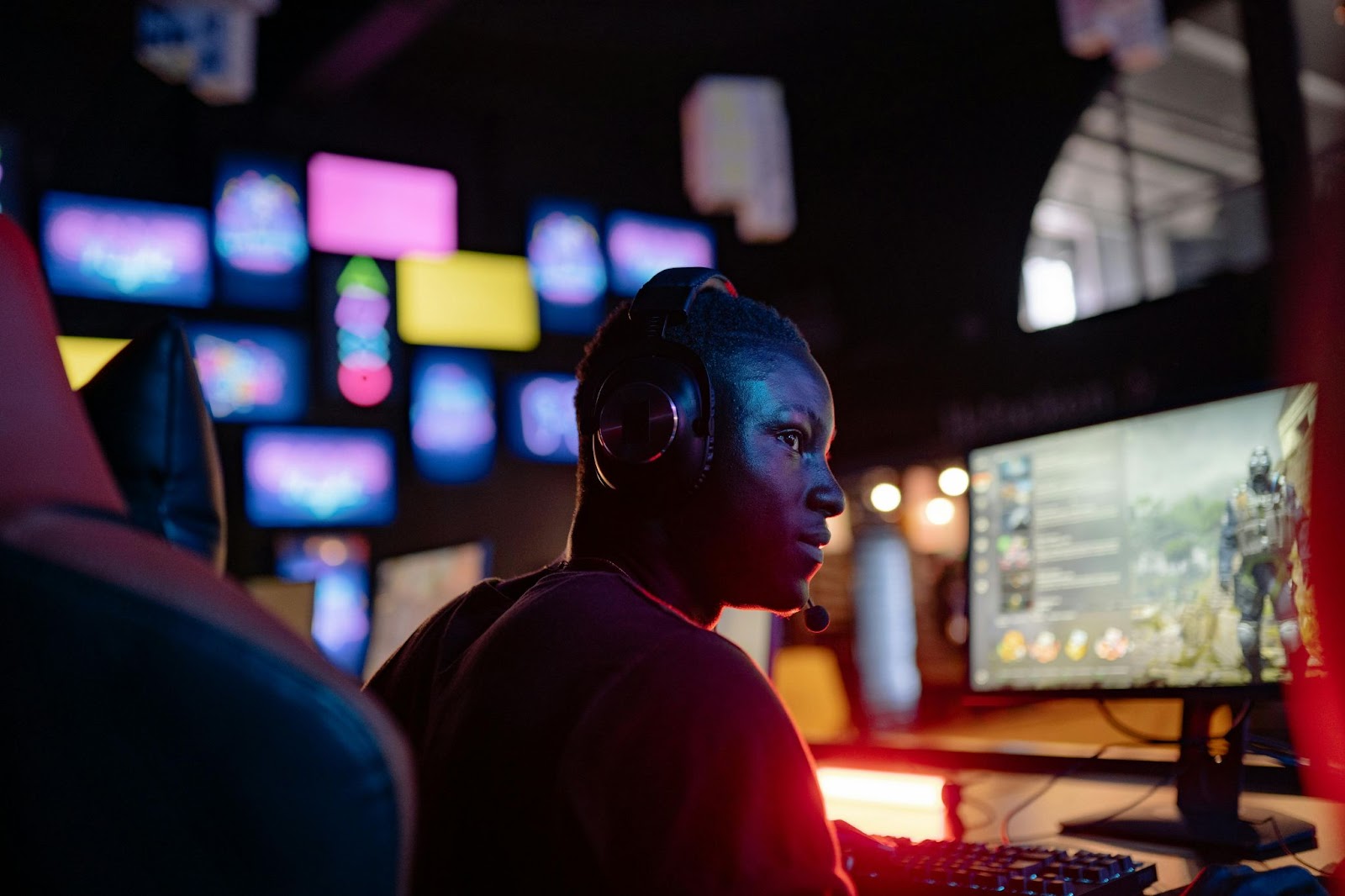Esports, a realm once dominated by passionate gamers, has evolved into a multi-billion dollar industry. In this high-stakes world, the role of an esports coach is becoming increasingly crucial. They’re no longer just enthusiasts; they’re professionals molding the future of competitive gaming.
Esports coaching isn’t just about teaching game tactics. It’s about cultivating discipline, fostering teamwork, and honing mental agility. This article delves into the captivating world of esports coaching, shedding light on its importance in shaping the champions of tomorrow. So, whether you’re an aspiring esports coach or a curious onlooker, there’s plenty to learn and discover.
Esports Coaching
Delving deeper, it’s clear, esports coaching has witnessed a remarkable metamorphosis over the years. Its transformation goes hand in hand with the evolution of esports, from a leisure activity to a highly competitive professional arena.
 From Casual Gaming to Professional Training
From Casual Gaming to Professional Training
Initially, esports existed in a realm of casual gaming, where players met to compete informally. Strategies, if any, were rarely formalized and there was hardly a mention of “coaching” in these circles. With the emergence of esports as a professional field, the need for structured training became evident. Esports coaching soon made its mark, elevating the status of gaming from a pastime to a sport requiring rigorous training, discipline, and a high level of mental agility. The role of a coach, once non-existent in esports, took shape and grew in importance, encompassing not just game mechanics but also players’ mental and physical fitness.
- The introduction of regular training schedules: The shift from gaming as a hobby to a professionally played sport necessitated a more disciplined approach to practicing.
- Incorporation of team strategies: Coaches started to recognize the significance of cohesive team play in winning matches. They began to stress the importance of strategizing as a team rather than as individual players.
- Focus on mental strength: Recognizing that success in esports depends heavily on a player’s mental state, coaches have started to focus more on mental training.
- Growth of coaching academies: As the field grew, specialized esports coaching academies sprouted, offering comprehensive training programs for players and aspiring coaches.
Roles and Responsibilities of an Esports Coach
An esports coach’s role extends beyond game supervision, featuring multifaceted responsibilities.
 Strategic Game Planning and Analysis
Strategic Game Planning and Analysis
An esports coach bears the responsibility of creating strategic game plans. Drawing from their knowledge and understanding of different game dynamics, they formulate strategies that suit the team’s strengths. Through analyzing past performances, Analysing opponents’ gameplay, and assessing strengths and weaknesses, an esports coach crafts plans tailored to maximize winning potential. One example is identifying the opposing team’s habitual moves and devising counter-strategies. This process exemplifies strategic game planning in action.
Player Skill Development and Team Building
Beyond strategy, an esports coach is instrumental in developing players’ skills and fostering teamwork. Through consistent and targeted training, coaches refine players’ technological skills and game-specific knowledge. For instance, by sharpening a player’s aiming precision in a First-Person Shooter (FPS) game.
In addition to technical skills, building team coherence is paramount. An esports coach cultivates a collaborative environment that encourages cooperative gameplay. They facilitate communication and harmony among team members, pivotal for execution of syncronised in-game strategies. A notable example is orchestrating team-based maneuvers in multi-player games like DOTA or League of Legends. Thus, an esports coach’s role involves balancing individual skill enhancement with the cultivation of collective team dynamics.
 Essential Tools and Technologies for Esports Coaches
Essential Tools and Technologies for Esports Coaches
Esports coaching has come a long way. It’s now seen as an integral part of the professional gaming world, with coaches playing a pivotal role in shaping successful teams. They’ve evolved from mere gaming enthusiasts to strategic planners, skill developers, and team builders. Coaching academies are popping up, further reinforcing the significance of the coach’s role in esports.
The tools and technologies at their disposal have also advanced. Coaches now use cutting-edge software to analyze gameplay, devise strategies, and enhance players’ skills. They’re not just teaching players to play; they’re shaping them into disciplined, agile, and collaborative competitors.